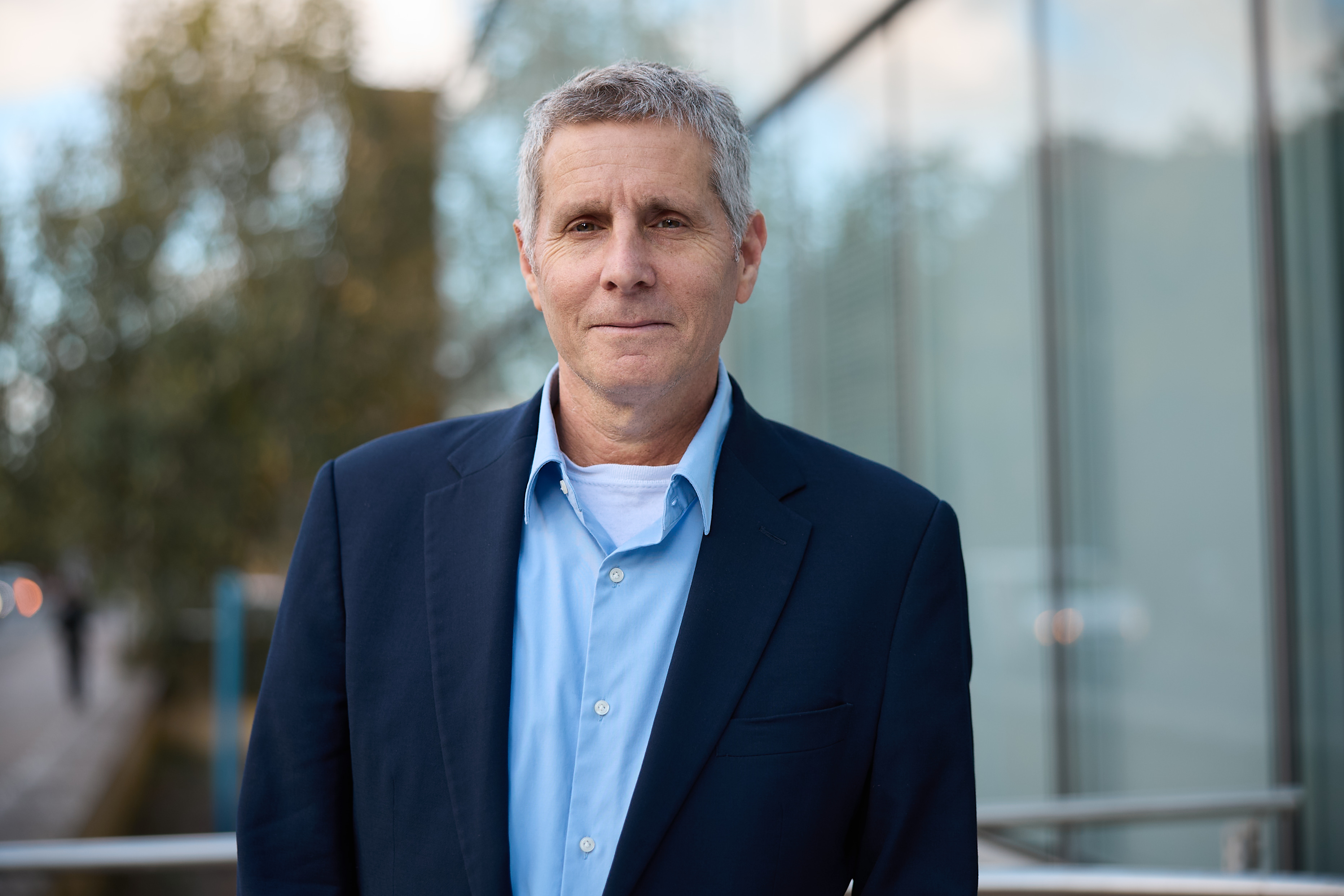
The Council of Europe Framework Convention on Artificial Intelligence and Human Rights, Democracy and the Rule of Law is the first-ever international legally binding treaty in this field. It strives to ensure the compatibility of AI systems with core values, and it was drafted by 46 member states of the Council of Europe, with the participation of observer states and other third states. It was adopted on 5 September 2024, and has so far it has been signed by eight Council of Europe member states alongside the European Union, United States and Israel.
This public event, jointly organised by the Bonavero Institute of Human Rights and the Accelerator Fellowship Programme at the Institute for Ethics in AI, brought together a panel of experts involved in the formation of the Convention and in parallel normative projects. Our speakers discussed the negotiating process of the Convention, its main contributions and shortcomings in regulating Artificial Intelligence, as well as the vision for its implementation and potential uptake by states, civil society and technology companies.
A write-up of the event is available here
The speakers for this event included Professor Mario Hernandez Ramos, Professor Thompson Chengata, Dr Angela Müller, Semeli Hadjiloizou. The chair for this event was Professor Başak Çalı. Further information about the speakers is available here.

This event was organised with the support of Professor Yuval Shany, International law expert and former Chair of the UN Human Rights Committee, addressing digital human rights and implementation of the AI Bill of Rights, and Fellow of the Accelerator Fellowship Programme of the Institute for Ethics in AI.
